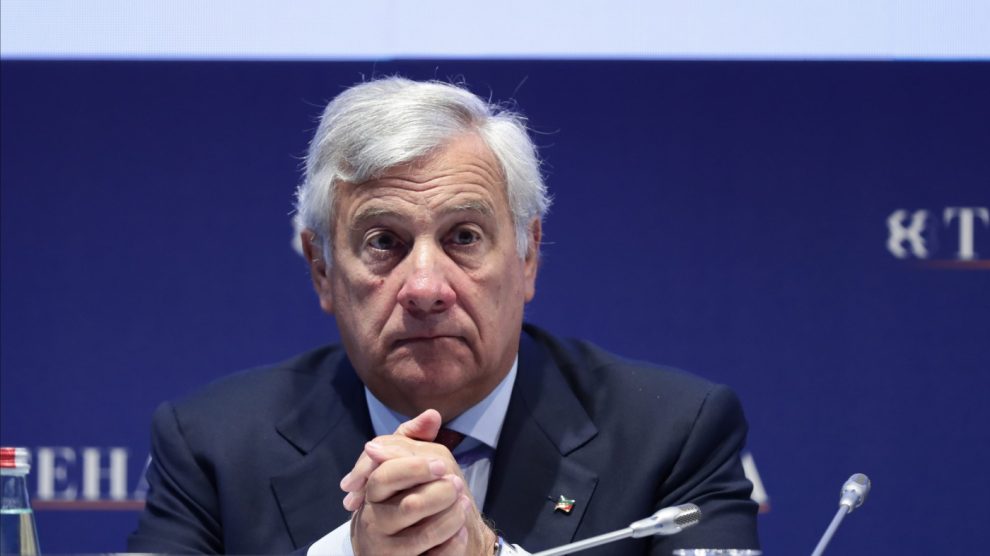Lampedusa reels from boom in migrants landing. Italian authorities and NGOs have been working around the clock to aid and redistribute the over 7,000 migrants that suddenly reached the Italian island over a few days. The situation is slowly going back to normal, but the spike is indicative of a stark rise in landings – which have tripled over the past two years, surpassing 100,000 in August – and signals worsening conditions in the countries of departure.
Rome’s distress signal. The situation “may get even worse” in the coming months, said Italian Foreign Minister Antonio Tajani in an interview with Corriere della Sera. “We are doing all that is humanly possible: the ministries of Defence, of the Interior, mine, are serving and working to deal with the emergency, but the instability of the sub-Saharan region is dramatic.”
- “The reception of irregular migrants weighs on our shoulders. These are enormous costs,” he remarked, noting that as both heads of the European Parliament and Commission, Roberta Meytsola and Ursula von der Leyen, have said, Italy requires assistance and “cannot be left alone”.
More help where it really matters. Still, continued the minister, “not even Europe alone is enough to deal with such a huge problem, which affects not only almost the whole of Africa but also the influx from the Balkan route.” That’s why Rome has “involved the United Nations [and] the G-20” and has “worked on a major international conference that must be the start of a real stabilisation process in the Sahel.”
- He was referring to the first Development and Migration conference held in Rome in late July, where representatives of nations in the enlarged Mediterranean area agreed to curb irregular migration by intervening upstream through cooperation and investments.
- That’s the basic idea behind the Italian government’s Mattei Plan, set to be unveiled in October, in time for the Italy-Africa Summit in early November.
Meanwhile, it’s time for action. FM Tajani said he summoned the ambassadors of Guinea and Ivory Coast, major countries of origin for migrant departure, to ask them “that there be a stricter criterion to curb departures, to accept repatriations. To prevent these hungry and desperate people from arriving in Tunisia and then setting sail for our shores.”
- He also stressed he is in “constant contact” with his counterparts in Algeria and Tunisia, “who assure cooperation, but even they alone cannot do it.”
- Finally, he mentioned that he would raise the issue of the EU plan for Tunisia at the meeting between EU FMs in New York on Monday to “discuss how the European institutions must work together to immediately implement [it].”




